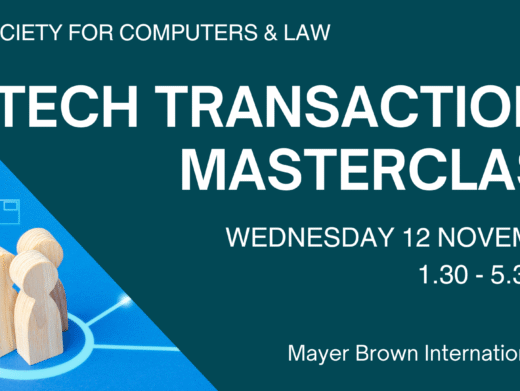The Competition and Markets Authority has announced that the Digital Markets Unit started work on 7 April 2021. The new unit will oversee plans to give consumers more choice and control over their data, promote online competition and crack down on unfair practices which can often leave businesses and consumers with less choice and more expensive goods and services.
The CMA points out that online platforms bring huge benefits for businesses and society. They make work easier and quicker and help people stay in touch. However, there is a consensus that the concentration of power among a small number of firms is curtailing growth and having negative effects on consumers and businesses which rely on them.
In November 2020 the UK government announced a new unit would be set up to enforce a new pro-competition regime to cover platforms with considerable market power, known as strategic market status. The new DMU is launching in “shadow” form before legislation is passed granting its full powers.
The government has asked it to begin looking at how codes of conduct could work in practice to govern the relationship between digital platforms and groups such as small businesses which rely on them to advertise or use their services to reach their customers. It will take a sector neutral approach in examining the role of platforms across a range of digital markets, with a view to promoting competition. It has also been asked to work with Ofcom to look specifically at how a code would govern the relationships between platforms and content providers such as news publishers, including to ensure they are as fair and reasonable as possible. This complements other work such as the Cairncross Review on a sustainable future for journalism. As well as the work with Ofcom, the unit will work closely with the CMA enforcement teams already taking action to address practices by digital firms which harm competition and lead to poor outcomes for consumers and businesses. CMA says that this includes taking enforcement action against Google and Apple, and scrutinising mergers involving Facebook and eBay.
The government intends to consult on the design of the new pro-competition regime this year and legislate to put the DMU on a statutory footing as soon as Parliamentary time allows. In the meantime, it has published terms of reference setting out the role of the DMU, which will focus on:
- Carrying out preparatory work to implement the statutory regime. The non-statutory DMU will work to maximise operational readiness for the DMU in time for the implementation of legislation. This will include building teams with the relevant capabilities and preparing draft guidance.
- Supporting and advising government on establishing the statutory regime. The non-statutory DMU will work closely with Government to provide key insights to inform decisions about the shape of the new pro-competition regime, building on the advice of the Digital Markets Taskforce.
- Evidence-gathering on digital markets. The CMA will continue to use its existing powers, where appropriate, to investigate harm to competition in digital markets. This will ultimately inform the work of the statutory DMU.
- Engaging stakeholders across industry, academia, other regulators and government. The non-statutory DMU will build close relationships with a range of stakeholders to ensure diverse insights underpin the new regime. In particular, as well as with Ofcom, it will work closely with regulators, both domestically through the Digital Regulation Cooperation Forum, and internationally, to strengthen cooperation and promote greater coherence across regulatory approaches.




